
Nepal to Destroy 4 million Chinese-Made Sinovac COVID-19 Vaccines Following Denial of Booster Dose Recognition
In a significant development, Nepal is set to destroy four million doses of the Sinovac COVID-19 vaccine, citing the vaccine advisory committee’s recommendation against its use as a booster dose. Dr. Abhiyaan Gautam, the head of the vaccination branch under the Ministry of Health and Population, Family Welfare Division, revealed that technical limitations prevented the vaccine from being utilized.
The Sinovac vaccine, procured from China, has been stored in the central storage of the Health Services Department for over two and a half years. Despite the looming deadline for vaccination expiry on December 23, the government has decided to destroy the vaccine due to its inability to use it as intended.
Dr. Gautam emphasized, “The vaccine advisory committee recommended that it should not be used for booster doses, but we could not administer Sinovac even as a first or second dose.”
The controversy surrounding the Sinovac vaccine in Nepal traces back to its acquisition during Sher Bahadur Deuba’s tenure as Prime Minister. Despite expert advice against its usage, the vaccine was brought in under pressure from the Chinese government.
Head of the supply management branch, Surendra Chaurasia, defended the decision to acquire four million doses, citing high demand for vaccines at the time. However, the World Health Organization (WHO) had recommended Pfizer’s vaccine over Sinovac, leading the National Vaccination Advisory Committee to decide against administering the Chinese vaccine.
Nepal received two shipments of four million Sinovac vaccines each on April 25 and 27, 2021, as a grant from the Chinese government. Nevertheless, most citizens opted for vaccines from Moderna, Covishield, and Pfizer due to concerns about Sinovac’s reliability.
Efforts to return the unused vaccines to China proved futile, with diplomatic initiatives from the Ministry of Foreign Affairs repeatedly rejected. Despite a year of persistent attempts, the Chinese government refused to take back the vaccines. The Nepalese government’s subsequent strategy to subsidize other countries also met with failure.
Dr. Gautam lamented, “Three or four times there was a diplomatic initiative from the Ministry of Foreign Affairs to take back the vaccine. But tireless efforts for one year were not successful.”
As the Sinovac vaccines face imminent destruction, this incident raises questions about vaccine procurement strategies and the challenges posed by diplomatic entanglements in the global fight against the COVID-19 pandemic.
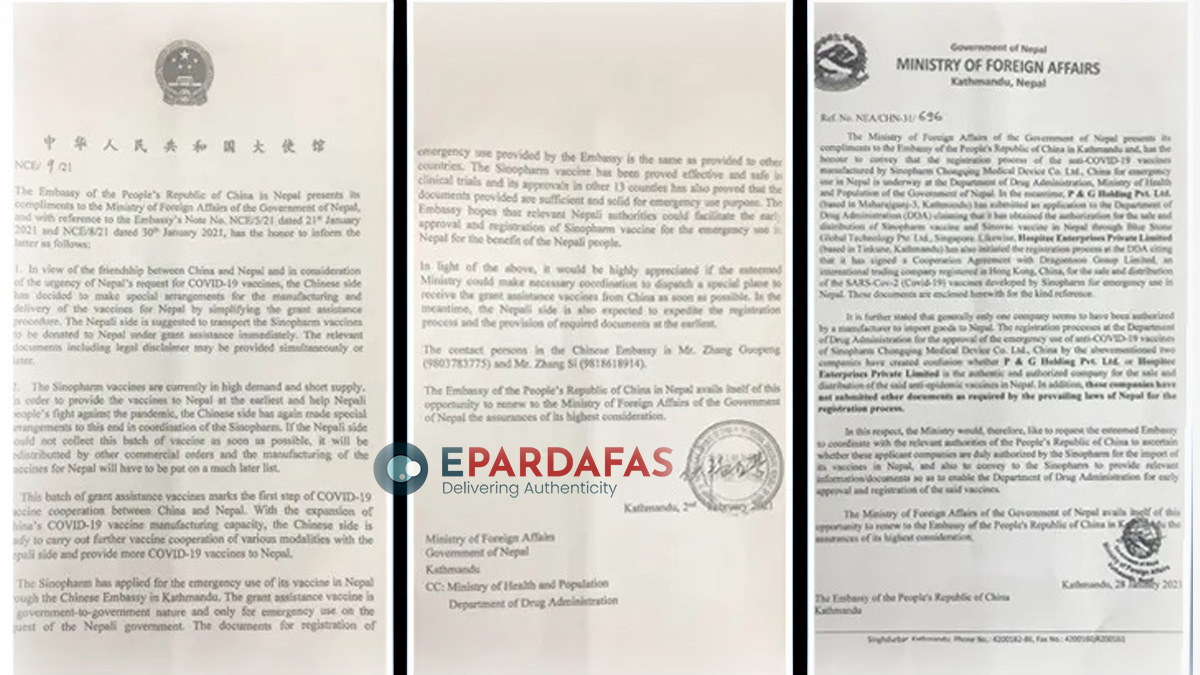

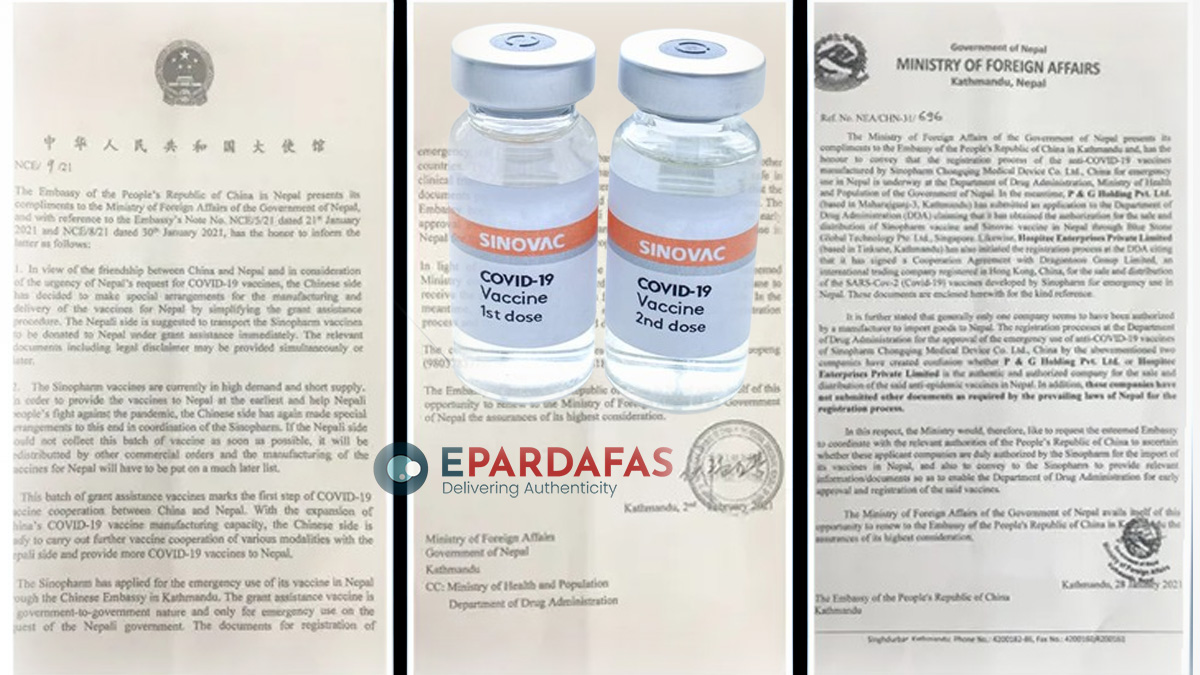


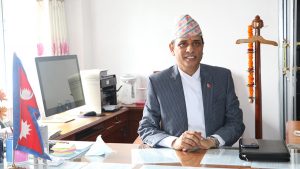
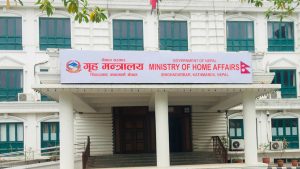


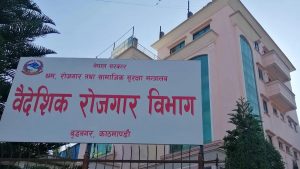






Comments